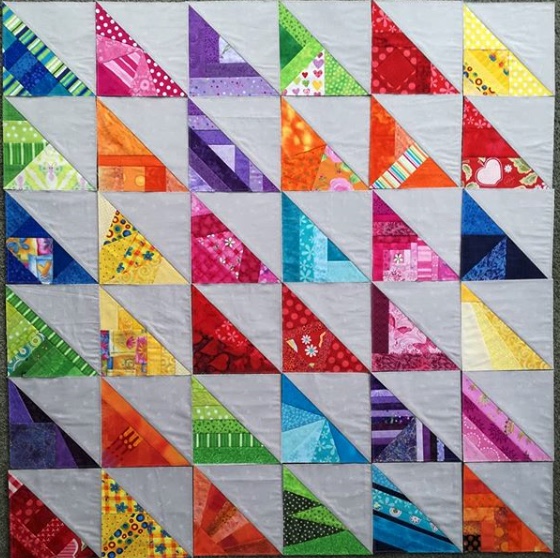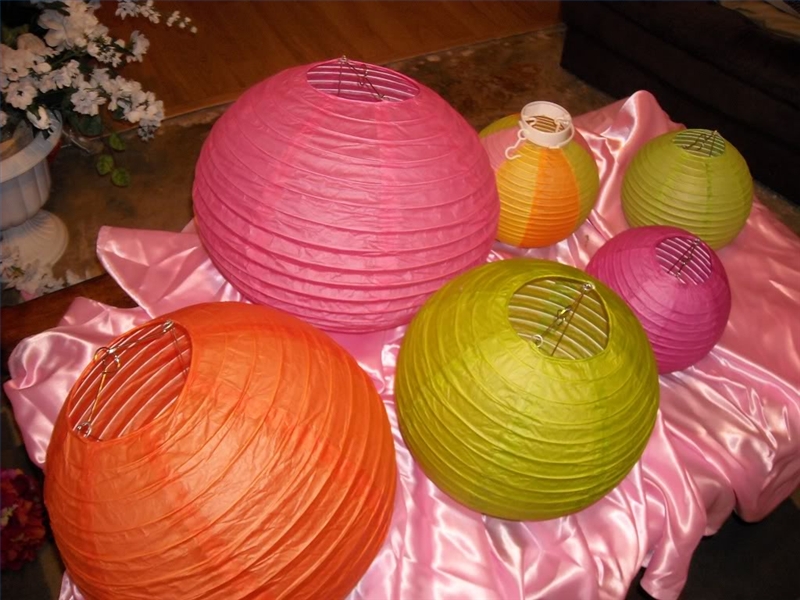
A flower puzzle is a fun way to teach children about the various parts of a plant. Many of these puzzles can be used with children of all ages. The puzzles will help children learn about the different parts of the flower, their names, and the colors and shapes. These puzzles will help children recognize different parts of a bloom. These puzzles are a complement to the Botany Leaf Cabinet. This article will provide information on the many benefits of flower-puzzles for children.
Interactive flower puzzles
An interactive flower puzzle is a great way to help your child learn solid numbers from 1-20. The eight petals of a flower represent different numbers, and by dragging them into place, your child can create the correct number. These flower puzzles are great for both home and classroom use. The game is available in three difficulty levels. This game teaches students how to identify numbers visually and to solidify mathematical concepts using real-world experience.

This digital resource is intended for elementary-aged kids, from pre-schoolers up to high school students. Each puzzle features gorgeous photos of plants and flowers. The photo puzzles can include colorful photos of flowers and plants, both in the vase, in a landscape or on a terrace. The puzzles can all be solved in 28x18 pixels. Once the students have completed the puzzle, they can share their completed puzzles with their teachers.
It is suitable for all ages
Suitable for all ages is a general term for media content. Although the term is sometimes used interchangeably with PG, it refers to TV and movies that are suitable for all ages. A PG-13 movie might contain inappropriate themes for children younger than 13, such as drug use and nudity. Video games and apps are similarly given ESRB ratings.
PG ratings are aimed for films that can be enjoyed by families with young children. G-rated films have to not offend or disturb young children. They must instead promote positive behavior and values. Also, the films must be free from profane, sexually suggestive or violent language, and non-verbal expression. Suitable for all ages content does not necessarily mean a film is appropriate for the whole family.
These are designed to help children understand what each part of a bouquet is.
This activity focuses on the parts of flowers. Children will be able to examine an unpotted, non-toxic flower and talk about the differences in each part. They will then learn about pollinators and how they move pollen around from flower to flower. Without pollinating insects, a flower cannot produce seeds. They can also draw their own flower anatomy and label it to learn more about each part.

Felt flowers can be a fun way for children to learn about the parts of a plant. Preschoolers are able to make and disassemble a felt flower, while identifying every part. Next, they will match the different petals with their labels. There is so much to do as children learn about the different parts and functions of flowers. They can then begin to dissect edible flowers.
FAQ
What's a hobby for children?
Anything kids like to do that is not part of their daily routine is a hobby. Some kids like to build things, draw, paint, write, or play with toys.
Many parents worry about their children getting into trouble if they have the freedom to do what they want. This is not necessarily true. Your child won't get in trouble if they are safe and don't do any harm to anyone.
It is important to remember that people may not always choose to do what they enjoy. If they don't like writing but love drawing, they might choose to draw images instead.
There are many different hobbies, so it is up to you which one you love the most.
Is it possible for a hobby to make you rich?
Not necessarily.
However, it is possible to become wealthy by starting a business around your hobby.
For example, let's say you're a fan of cooking. You love healthy food and decided to open a restaurant.
You only offer organic meals from scratch. Customers pay a small charge to cover the cost of ingredients and labor.
You can grow your clientele over time and eventually hire employees who will work alongside you.
Eventually, you expand your menu to include gluten-free options, vegan dishes, and desserts.
You've now created a profitable business that allows you to live the life you desire.
You don't have a right to quit your job.
You could, instead, run your restaurant while also maintaining your regular 9-5 work schedule.
What are some competitive hobbies?
There are many competitive sports, including running, swimming and cycling, as well as golfing, tennis and other activities.
They are usually enjoyed by people who enjoy being active, but also allow for social interaction.
You'll likely find others who are interested in your hobby if it involves physical activity.
This could be as simple as joining a sports club where you play regularly together.
You may also want to play in a team game, where you are playing with others.
These include football (soccer), cricket, rugby, netball, basketball, hockey, baseball, volleyball, badminton, squash, handball, and table tennis.
There are many types competition.
Some competitions are organized for purely recreational purposes.
Others are designed for competitors to prove their skill.
Yet, there are others that reward exceptional performance.
These cases result in prizes for the winners.
Other competitions are intended to test strength and stamina.
These are known endurance events.
For example, marathon races, triathlons, Ironman Triathlon, etc.
Athletes train hard before they compete in these events.
They will adhere to a strict training program that prepares them mentally as well as physically.
They might also need to be away from their homes during preparation.
It's important to remember that not all athletes compete in every type of event.
What are some good hobbies?
Hobby Ideas For People Who Love to Teach and Learn.
Hobbies are great ways to spend time doing what you enjoy while learning something new at the same time.
There are many different types of hobbies, but they all have similar characteristics. They are usually enjoyable activities that don't require a lot of effort and can be very economical.
They often involve helping others, such as teaching an instrument to someone or building an airplane model.
You may not think of yourself as a teacher but there might be something you could do in order to help someone else learn.
Consider starting a hobby to use your creativity to help others.
Why do we require hobbies?
Hobbies are a vital part of our lives as they allow us to unwind, relax, think creatively and exercise. They also give us the opportunity to socialize, network, and have fun. They also provide us with opportunities for learning new skills and developing valuable life-long interests.
Hobbies can help us find meaning and purpose.
These are a great way for you to have some free time, even if there isn't much else.
They are also very entertaining!
If you don’t have the time to do a hobby, you likely don’t have any other hobbies.
Consider all of the possibilities available to your. Start a hobby today, if you don’t have one already!
What are educational hobbies, you ask?
An educational hobby involves a sport or other activity where you can learn something from doing it. It could be anything from playing sports to learning how to play an instrument.
It should be enjoyable and have fun. While you don't need to do it every day, if bored you might consider other activities.
These activities could end up costing you far more than what you pay for.
What hobbies are best for introverts and what types of hobbies would they enjoy?
Introverts have the ability to focus on one thing at a time. They like solitude activities such as reading and writing, listening to music and watching movies.
They also enjoy quiet time. However, they do not enjoy socializing all day long. They often feel bored when they are surrounded by people.
Introverts are often drawn to hobbies that require solitude. You might find them reading books, listening, playing music, taking photos, writing poetry or painting.
Introverts may even prefer to live alone. They can concentrate on their hobby without being distracted.
Statistics
- The intensity of the dialogue partners' bond at the end of the forty-five-minute vulnerability interaction was rated as closer than the closest relationship in the lives of 30 percent of similar students. (time.com)
- This 100% accurate personality-analyzing hobby quiz discovers your passion based on your characteristics. (quizexpo.com)
- A new survey by Pew Research Center of teens ages 13 to 17 finds that 36% of girls feel tense or nervous about their day every day; 23% of boys say the same. (pewresearch.org)
- Studies show that just six minutes of reading can reduce stress levels by 60 percent. (oberlo.com)
- 37% Video Games 36% Travel 36% Health and Fitness (quizexpo.com)
External Links
How To
How to Learn a Musical Instrument
There are many methods to learn music. You could attend a school, read a book, get lessons from someone who plays a musical instrument, or look at videos online. Here are some tricks and tips to help you find your way.
-
Find something that interests your interest. Try another instrument if you don't love any of the ones you see. It's difficult to take up a hobby if you don’t love playing the instrument.
-
Be patient. It takes time to learn something new. Expect to not be able master all things immediately. Instead, you should continue practicing every day.
-
Keep practicing regularly. Do this even when you feel tired. This will ensure that your memory doesn't fade.
-
Make sure you choose a safe place to practice. The ideal place to practice is one that is quiet and won't be disturbed by anyone else. Also, make sure that there aren't too many distractions. Avoid loud music, for example.
-
Have fun. Music is meant to be enjoyed. Make sure you have fun while practicing. You will be motivated to do more if you have fun.
-
Set goals. If you set goals, then you will know exactly how you want to get there. This will make it impossible to fail.
-
Keep track of how you are doing. Note down your successes and mistakes. It will help you become a better person over time.
-
Take breaks. Sometimes it is enough to just stop and think. It is a good idea to take breaks so you can think about everything.
-
Ask questions. Ask questions. They might be able to assist you.
-
Learn by listening. Many musicians learn by listening to the songs they love and then imitate them. This allows them to grasp the basic concepts of the song.
-
Read books. Watching videos or taking classes will not teach you as much as reading books. Books often contain information you can't find elsewhere.
-
Join a band. Playing with others will force you to practice more. You will also meet others with similar interests to yours.
-
Learn from tutorials. Tutorials are short videos which explain many topics in great detail. These videos usually focus on one specific aspect of the instrument. Watching tutorials can help you understand difficult parts of the instrument.
-
Different methods are possible. Some people prefer to learn through lectures, whereas others learn better by reading. Find what works best for your learning style.
-
Practice makes perfect. There is no way to be an expert overnight. Instead, you must put in lots of effort before becoming skilled enough to perform well.
-
Begin a group of musicians. You can learn faster by listening to other musicians play your favorite songs.